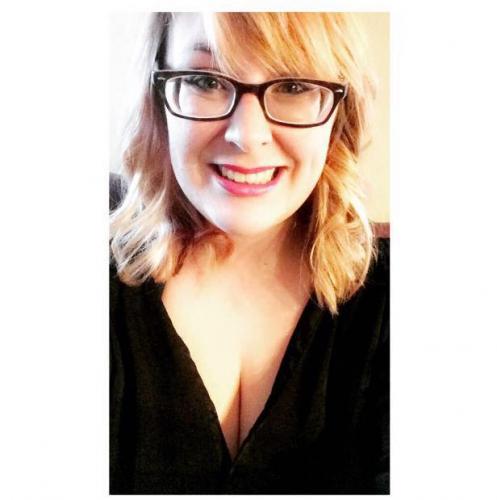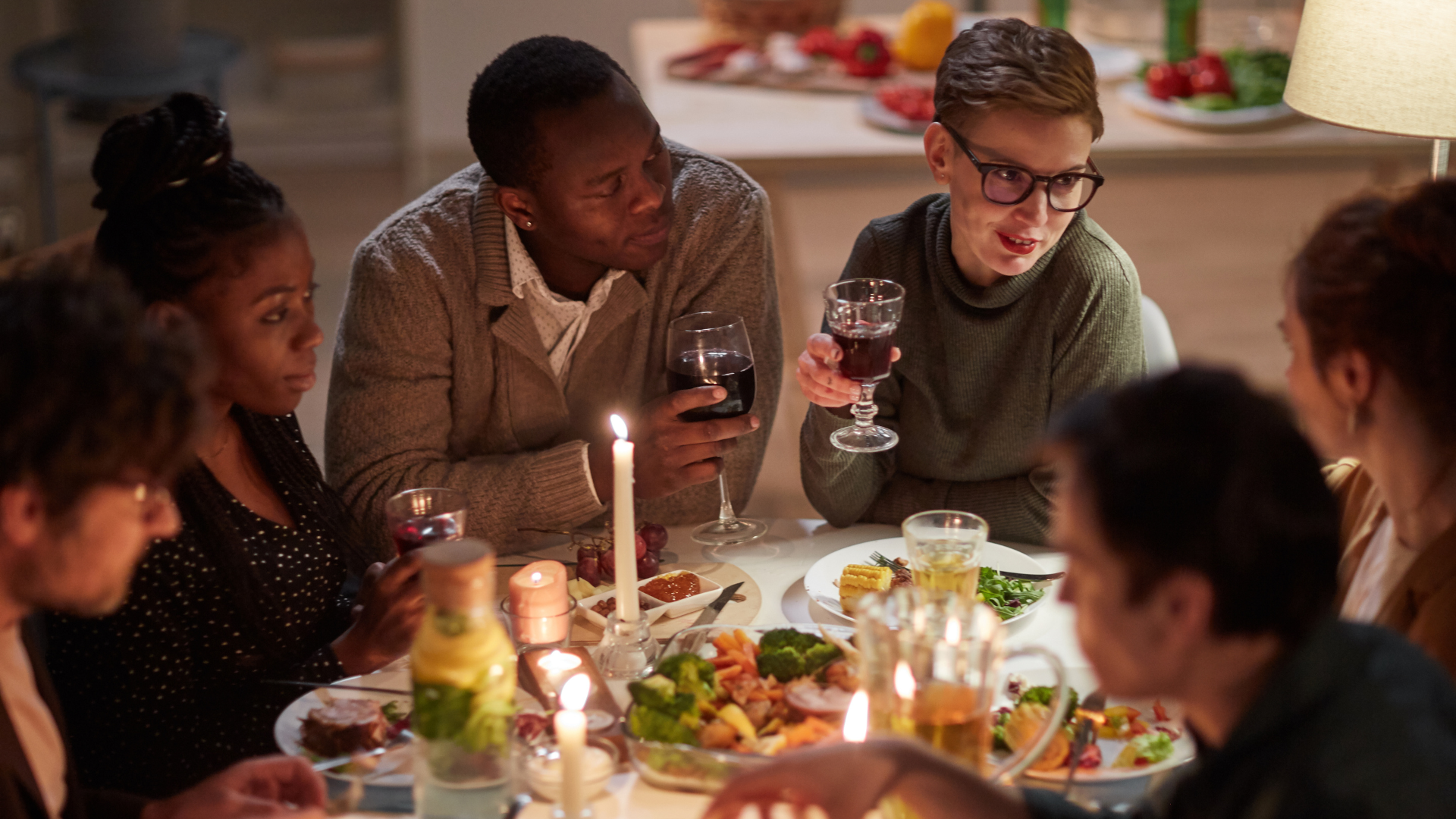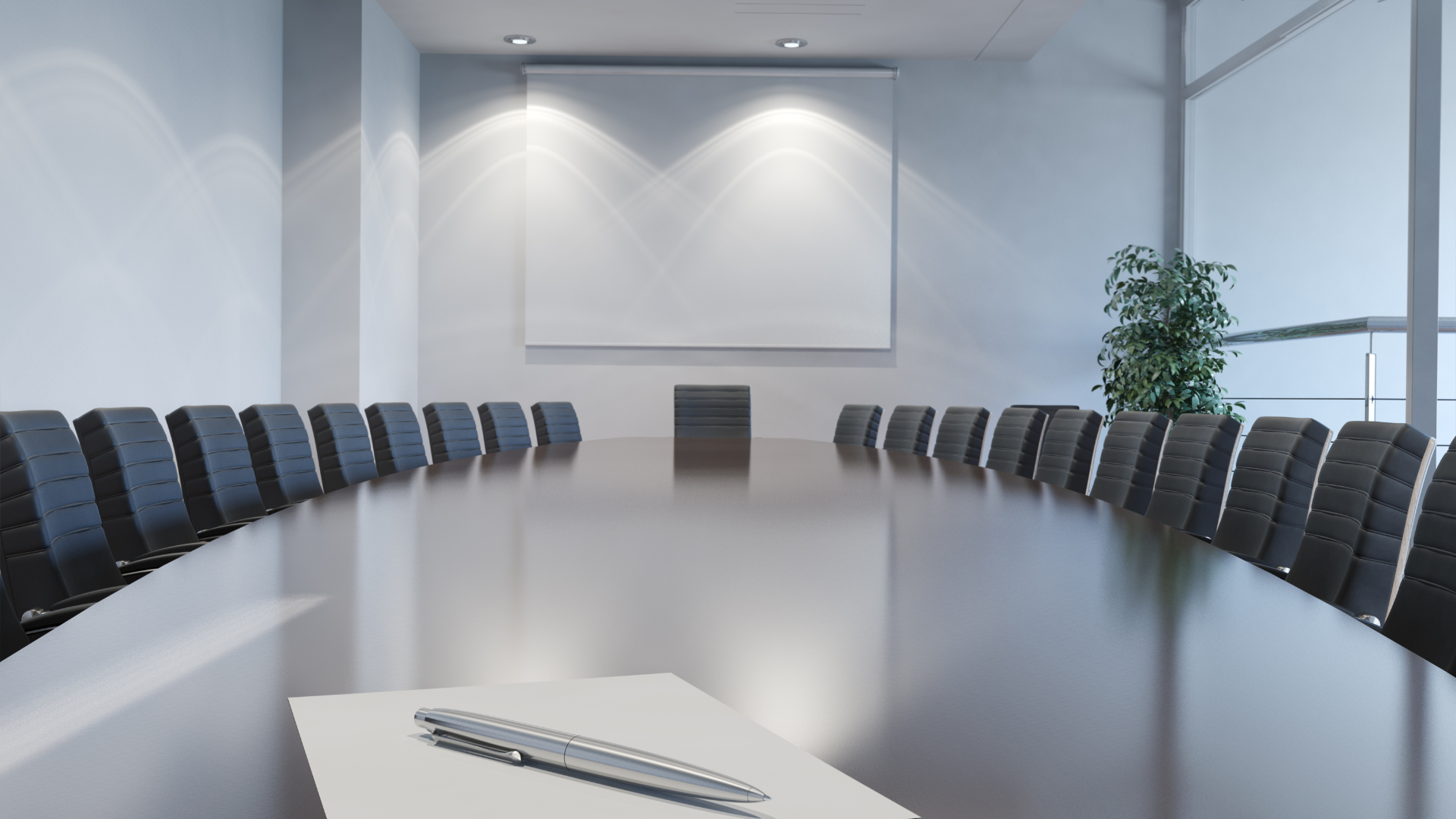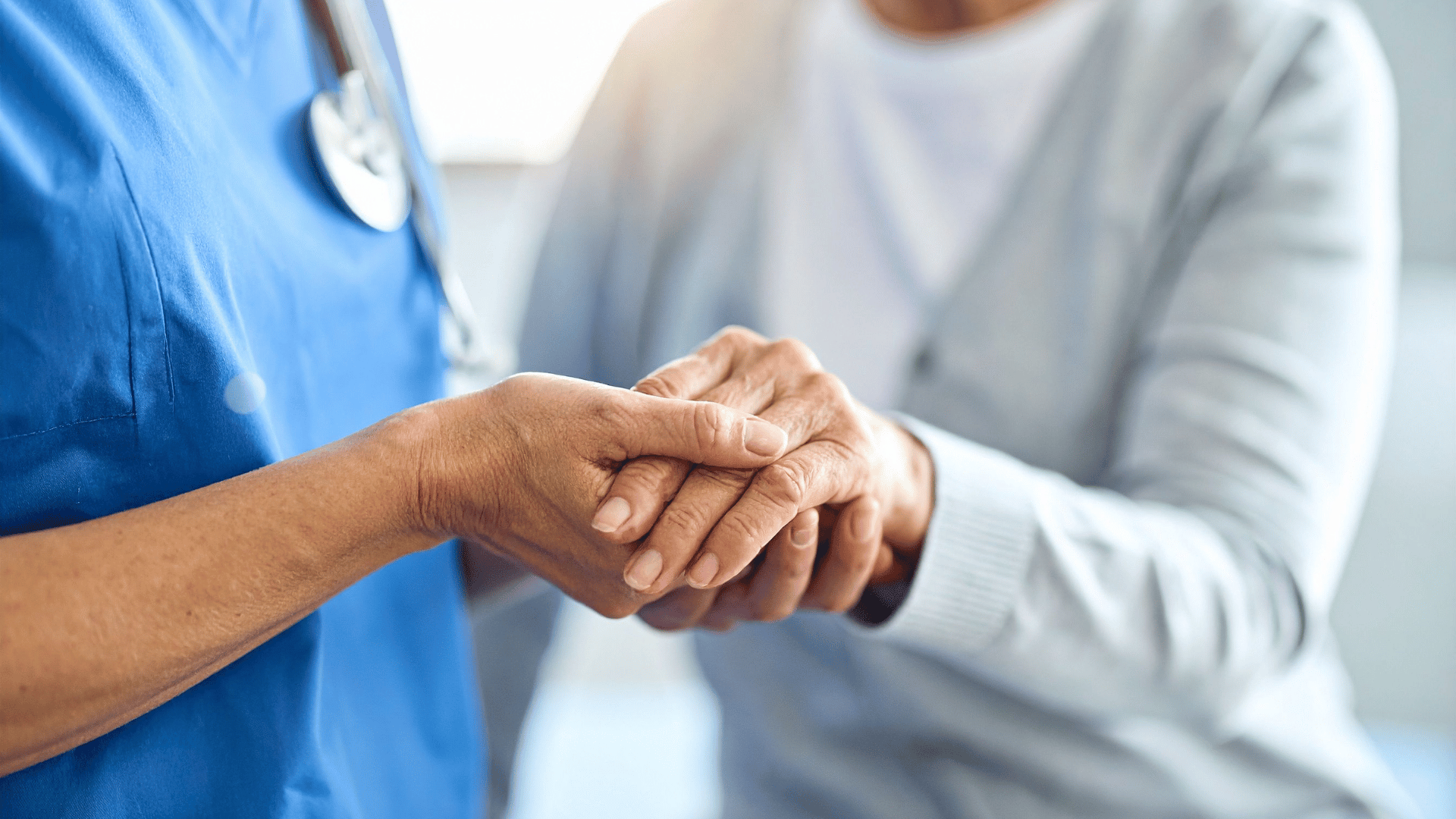Sleep, everyone’s favorite activity. I can’t tell you how many times I have woken up in my big comfy dorm room bed and thought to myself, ‘Can’t I just sleep here forever?’ Our nights are the indicators of how our days are going to go. When we rest well, we can face things more head on, think critically about our problems that ‘tired us’ would struggle with.
The problem about sleep is that we’re not sleeping as well, or at least as long. The American Sleep Association reports that 37% of people between the ages of 20-39 are reporting shorter sleep duration. We as young adults should be striving to get 7-9 hours of sleep, but that often feels impossible. Even for myself, I ignore my body’s natural instincts to work on papers, go to work, or binge watch the next season of Stranger Things. We get anxious about how to fit our lives into such a brief period of time that we often forget to go to bed on time.
As a future nurse, and hypochondriac, I thought I’d look up the signs and symptoms of sleep deprivation. Hunger, moodiness, and of course fatigue are the minor signs and symptoms that can lead to much bigger problems. Come to think of it, after pulling an all-nighter, I do tend to eat like an MMA fighter trying to make weight. But, so what if I’m super bitchy and could eat the entirety of a McDonald’s value menu, right?
Well, unfortunately there are other consequences aside from annoying my friends and expanding my waistline. A lack of sleep (and the unhealthy eating habits we create with such), can increase our risks for diabetes, decreased cognitive brain functions (like critical thinking on a paper), and decreased healing. On the mental health side of things, it can cause or increase depressive episodes.
So now that I’ve scared the living ba-jesus out of both myself and the few readers left, what can we do to help ourselves get a better night sleep?
Firstly, turn off your damn devices. Blue light (like what our phones, tablets, iPods, TVs, etc. elicit) tricks our bodies into not producing melatonin (our sleep hormone). There are apps out there that can put a red tinge on your screens before you go to sleep, but even with these filters, our screens can affect our ability to fall asleep.
I understand that most of the population uses our devices as an alarm clock, but try to put it on do not disturb, put it across the room, and pick up a book. Studies have shown that putting down your phone an hour before you sleep does help you fall asleep faster.
For my lovely readers, like my beautiful roommate, who need noise to fall asleep, it might be time to invest in a white noise machine. They are specifically made to help drown out exterior noises, like dogs barking, children screaming, or your loud roommate.
For my caffeine lovers out there, decreasing your caffeine intake after 4:00pm will seriously help. I know I’m about to get pelted with mugs from all directions for saying that, but it’s true. Caffeine is a stimulant drug, it’s meant to keep us awake! So swap out your cup of joe for a nice herbal tea or a cold glass of water.
Finally, try not to procrastinate. I know; I said it. You think better with a good night’s sleep. Start projects early, and when you get tired, sleep! Even a catnap in the afternoon can seriously improve your cognitive function.
So I know reading into this has put me into a sleepy mood. Time to set up a nice scented candle, cuddle up with an enjoyable book, and crawl into bed.
If you want to get something off your chest,
Book a free vent session today.
-

Katherine is a former West Islander currently living in Pembroke, trying to be a nurse.



